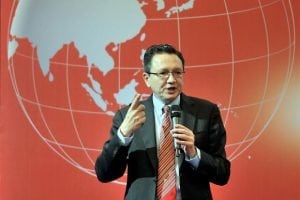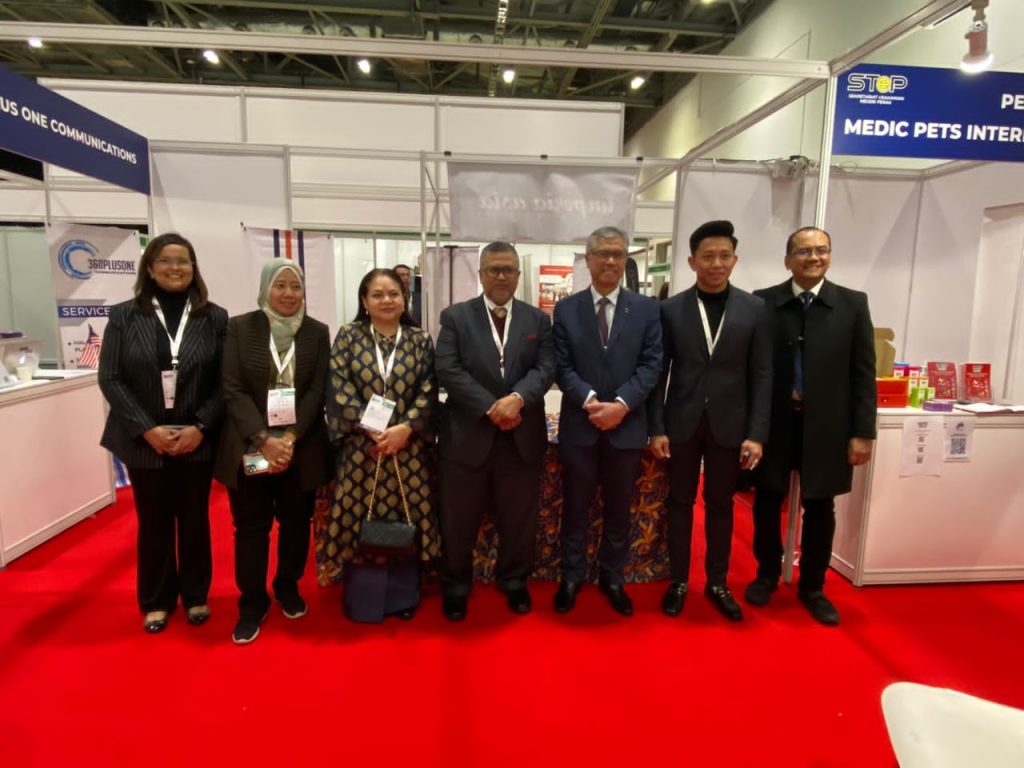
Group managing director Leonard Ariff Abdul Shatar said the ringgit was at the 3.5 level against the US dollar when the target was set; hence the company would have to work harder in order to achieve it.
“In the pharmaceutical industry, almost 80% of raw materials are imported by companies (to adhere to) the Current Good Manufacturing Practices (CGMP), resulting in higher manufacturing cost as the US dollar strengthened against the local currency.
“This year has been challenging (for us) and maybe the first half of 2017 will be the same due to ringgit depreciation.
“But to me, it will not create an issue to pharmaceutical businesses,” he told reporters on the sidelines of the Malaysia Global Leadership in Halal Pharmaceuticals: A Professional Development Symposium hosted by CCM in Kuala Lumpur on Wednesday.
Ariff said CCM’s profitability would not be affected by Bank Negara Malaysia’s new policy that required exporters to convert 75% of their export earnings into ringgit.
“It would be a low impact to CCM as only 10% of our production are exported. However, if the ringgit appreciates, the policy becomes positive to the manufacturer as it will make conversion of the US dollar to ringgit become a gain,” he said.
In February this year, CCM, Malaysia’s pioneer manufacturer of compound fertilisers, exited the fertilisers business to focus on enhancing its business profitability through its pharmaceuticals and chemicals divisions.
It is now one of the country’s largest generic pharmaceutical group, with its unit CCM Duopharma Biotech Bhd, also a public listed company, commanding a RM330mil business.
The group has over 200 halal generic pharmaceutical products manufactured in its CGMP and Halal compliant facilities in Bangi, Klang and Glenmarie, compared with only 44 products in 1999, four years after the acquisition of Upha Pharmaceutical Sdn Bhd. – Bernama


